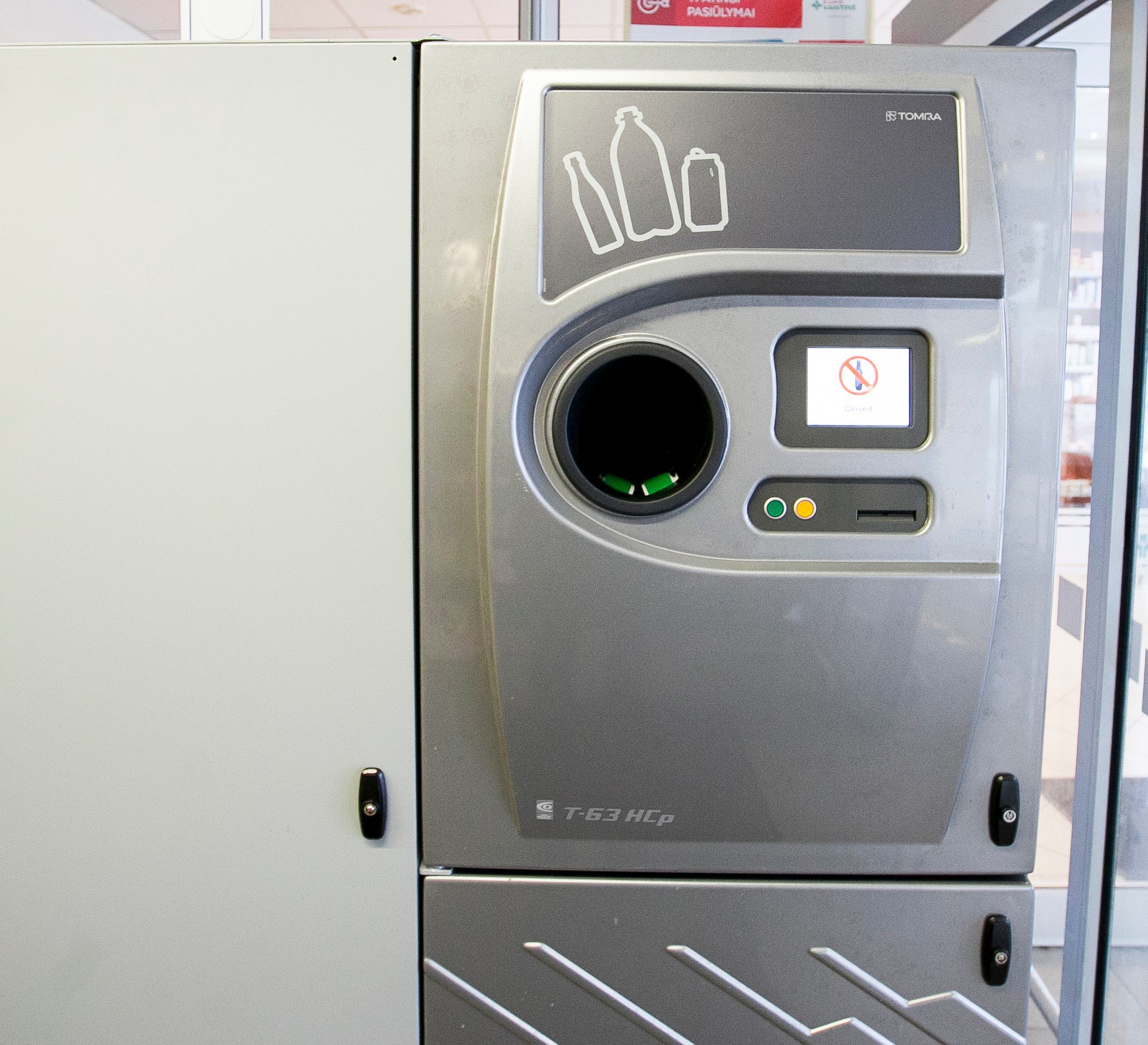And, the body warned that there is a high risk of Defra missing the latest timelines for collection and packaging reforms, though noted some factors were “outside of its control”.
The NAO, which describes itself as an independent public spending watchdog, issued a scathing value for money report this morning examining the government’s Resources and Waste Strategy.
This report found that Defra (The Department for Environment, Food and Rural Affairs) still lacks “effective long-term plans to reduce waste which contributes to climate change”, despite publishing the strategy four years ago.
“This is making it increasingly difficult for businesses to prepare for investment and regulatory changes that will be required to achieve the department’s long-term plans,” the NAO warned.
The risk of not delivering to the latest timetable is still high
- National Audit Office
Risk
The report did note that government has made some progress, establishing its flagship collection and packaging reforms which are split into three main schemes; Extended producer responsibility, consistent collections and the deposit return scheme.
However, the effectiveness of the DRS is “uncertain”, according to the NAO, “and Defra does not currently have plans to trial the scheme. Weaknesses in Defra’s set up of the collection and packaging reforms – along with factors outside of its control – have contributed to delays, and the risk of not delivering to the latest timetable is still high.”

In the report, the NAO warned that Defra’s approach to realising the benefits of the three policies “was under-developed”.
Another risk noted on delivery on consistency was the fact that a number of local authorities have long-term contracts with waste reprocessing companies. “Breaking these agreements in order to comply with the requirements of the consistent collections project would come at a substantial cost.”
The NAO noted that Defra has decided to allow these local authorities to delay when they implement the consistent collections reforms where the cost of breaking the contract makes delay a value-for-money option. “However, Defra has still not finalised how many local authorities this relates to, and therefore when all local authorities will be collecting waste consistently and what the impact on its objectives and targets will be.”
Strategy
Since publishing the 2018 strategy, the NAO said government established legislative obligations (under the Environment Act) to halve the amount of residual waste per person in England by 2042. The report added that Defra expects that its collection and packaging reforms will play an important role in achieving its resources and waste ambitions, “but they will not be enough on their own”.
Although work is underway to explore plans for further intervention, “Defra does not know what decisions about new interventions need to be made, and when, to ensure realistic timeframes for design, testing and implementation. It also doesn’t know what sequence of interventions is likely to produce the most benefit”.
To improve Defra’s plans to achieve its targets, the NAO recommends the department develops a clear outline path to achieving all of its resource and waste ambitions; determine the likely cost implications of different policy options; and proactively engage stakeholders to give them as much clarity over its plans as possible.
‘Clear path’
Gareth Davies, the head of the NAO, said: “Reducing waste is critical to reducing emissions and achieving some of government’s wider environmental goals, but Defra does not have effective long term plans for how it will achieve its ambitions for reducing waste, and there has been delay to its implementation of reforms.
“Defra must now establish a clear and coherent plan for its work on waste and resources, addressing the weaknesses in the reforms already in progress. If Defra takes these steps, it will be in a much stronger position to achieve its ambitions.”
Conclusions
In the conclusions sections of the report, the NAO warned Defra that it “cannot plan every step in detail over such long time-frames. However, it should know, in outline, what new policy interventions may be needed, their respective contributions, and when the main decision points will be.”
Defra should also, according to the NAO, “develop a coherent approach to securing its ambitions across the waste management sector, rather than relying primarily on a project-by-project perspective.
“In addition, it needs to address weaknesses in the reforms that are in progress, and build on these lessons to set up future waste projects and programmes more effectively.”












Subscribe for free